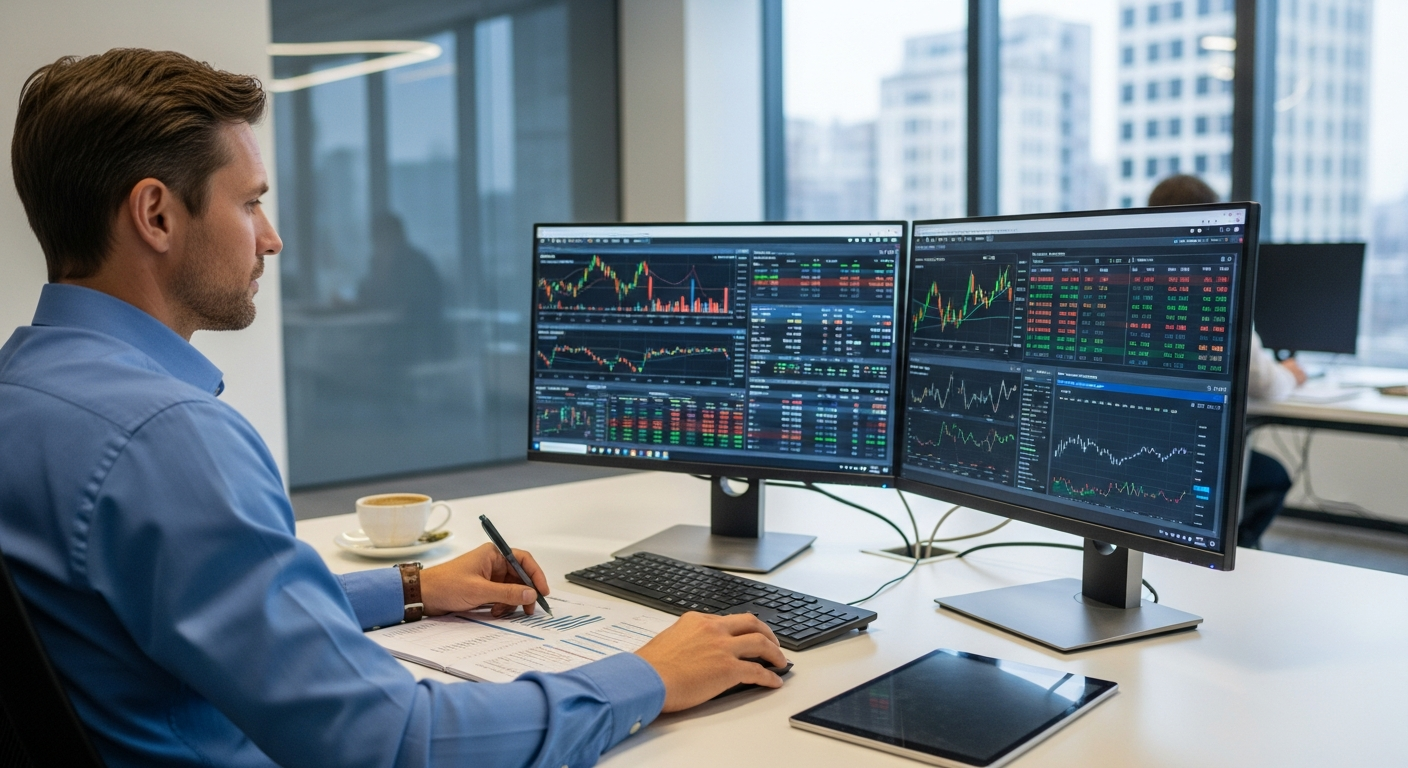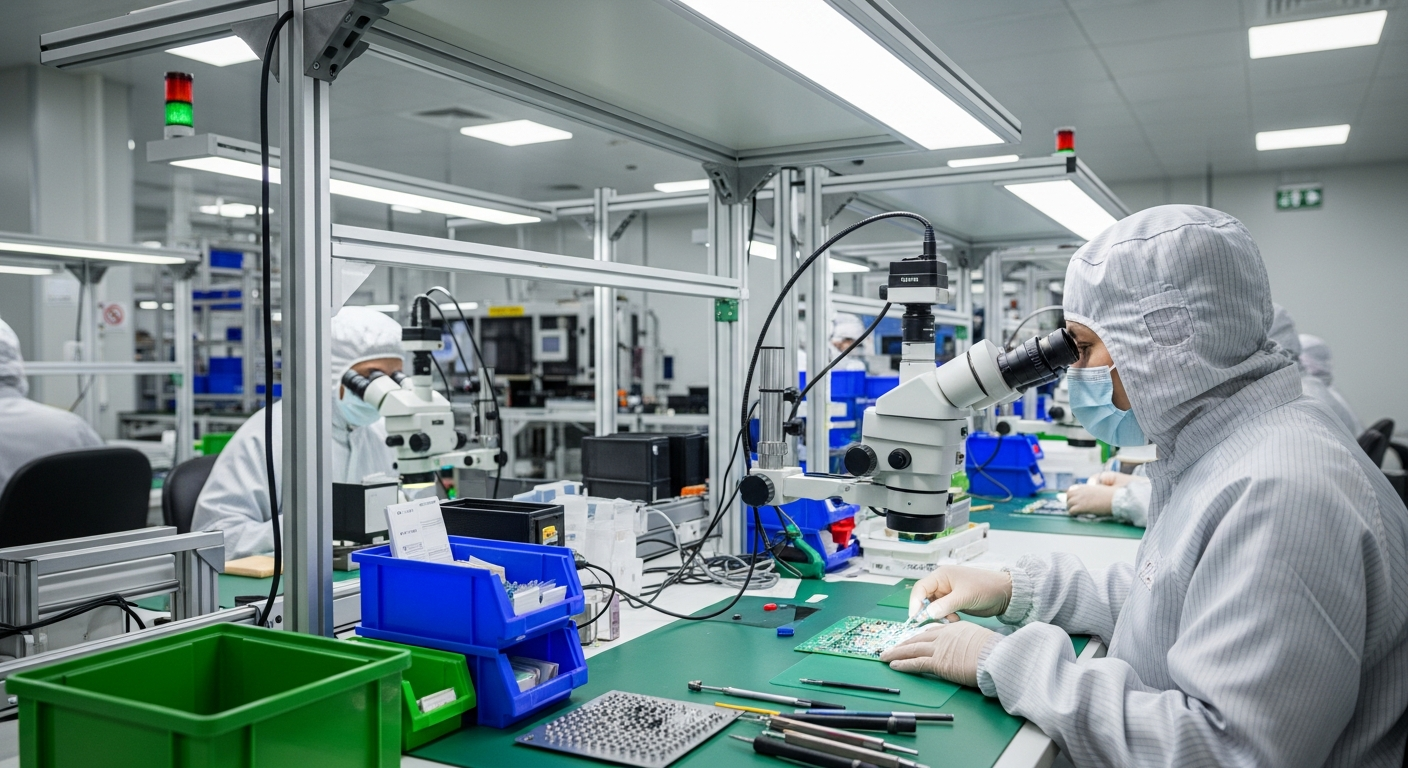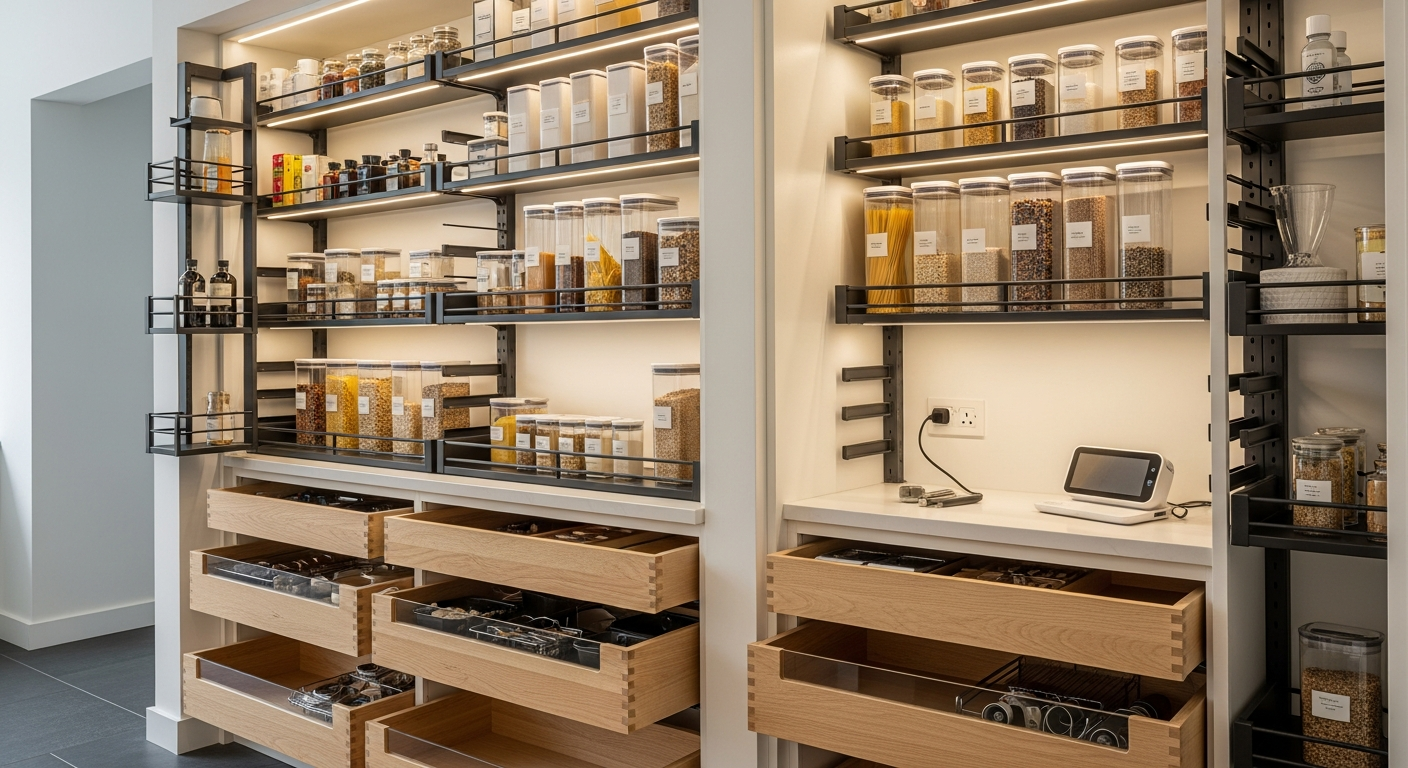Biomanufacturing: Revolutionizing Industrial Production
Biomanufacturing is reshaping the industrial landscape, offering sustainable and efficient alternatives to traditional production methods. This innovative approach harnesses biological systems to create a wide range of products, from pharmaceuticals to materials and chemicals. As industries seek greener solutions and improved performance, biomanufacturing emerges as a game-changing strategy with far-reaching implications for global production and sustainability.

Historically, biomanufacturing has its roots in ancient practices such as brewing and cheese-making. However, modern biomanufacturing has evolved significantly, incorporating advanced technologies like gene editing, synthetic biology, and high-throughput screening. These advancements have expanded the potential applications of biomanufacturing across various industries, from healthcare to materials science and energy production.
Key Advantages of Biomanufacturing
Biomanufacturing offers several compelling advantages over traditional manufacturing methods. First and foremost, it often requires less energy and produces fewer harmful byproducts, making it a more environmentally friendly option. Biological systems can operate at ambient temperatures and pressures, reducing the need for energy-intensive processes common in chemical manufacturing.
Moreover, biomanufacturing can produce complex molecules and materials with high precision and efficiency. This capability is particularly valuable in the pharmaceutical industry, where biomanufactured drugs often exhibit improved efficacy and fewer side effects compared to chemically synthesized alternatives. The flexibility of biological systems also allows for the production of novel materials with unique properties, opening up new possibilities in materials science and engineering.
Applications Across Industries
The versatility of biomanufacturing has led to its adoption across a wide range of industries. In the pharmaceutical sector, biomanufacturing is used to produce biologics, including monoclonal antibodies, vaccines, and gene therapies. These biopharmaceuticals represent a rapidly growing segment of the drug market, offering treatments for previously untreatable conditions.
In the materials industry, biomanufacturing is being used to produce sustainable alternatives to conventional plastics and textiles. Companies are developing biodegradable polymers and high-performance fibers using engineered microorganisms, reducing reliance on petroleum-based materials and addressing plastic pollution concerns.
The food industry is also embracing biomanufacturing, with companies using fermentation processes to produce alternative proteins, flavors, and ingredients. This approach offers sustainable solutions to meet growing global food demand while reducing environmental impact.
Challenges and Limitations
Despite its potential, biomanufacturing faces several challenges that must be addressed for widespread adoption. Scaling up production from laboratory to industrial levels remains a significant hurdle, as biological systems can be sensitive to changes in conditions and may not perform consistently at larger scales.
Regulatory frameworks for biomanufactured products are still evolving, particularly for novel materials and applications. Ensuring safety, quality, and consistency of biomanufactured products requires robust quality control measures and regulatory oversight.
Additionally, the initial investment required for biomanufacturing facilities can be substantial, potentially limiting adoption by smaller companies or in developing regions. Overcoming these challenges will be crucial for realizing the full potential of biomanufacturing across industries.
Future Prospects and Innovations
The future of biomanufacturing looks promising, with ongoing research and development aimed at addressing current limitations and expanding capabilities. Advancements in synthetic biology and metabolic engineering are enabling the creation of more efficient and versatile biological production systems. These developments could lead to the production of increasingly complex molecules and materials, further expanding the range of biomanufactured products.
Emerging technologies such as 3D bioprinting and organ-on-a-chip systems are also intersecting with biomanufacturing, opening up new possibilities in tissue engineering and personalized medicine. These innovations could revolutionize healthcare by enabling the production of custom tissues and organs for transplantation or drug testing.
As sustainability becomes an increasingly critical concern for industries worldwide, biomanufacturing is poised to play a pivotal role in developing environmentally friendly production methods. The ability to create valuable products from renewable resources, often with reduced energy consumption and waste generation, aligns well with global efforts to transition towards a circular economy.
Insights for Business Leaders
-
Assess your industry’s potential for biomanufacturing integration
-
Explore partnerships with biotechnology firms to access expertise
-
Invest in research and development to stay ahead of biomanufacturing trends
-
Consider the long-term sustainability benefits of transitioning to biomanufacturing
-
Prepare for potential regulatory changes as biomanufacturing expands
-
Develop strategies to overcome scaling challenges in biomanufacturing processes
Biomanufacturing represents a paradigm shift in industrial production, offering sustainable, efficient, and innovative solutions to longstanding challenges. As technologies advance and adoption increases, biomanufacturing has the potential to reshape global industries, drive economic growth, and contribute to a more sustainable future. Business leaders and policymakers must stay informed about these developments to capitalize on the opportunities presented by this transformative approach to manufacturing.






